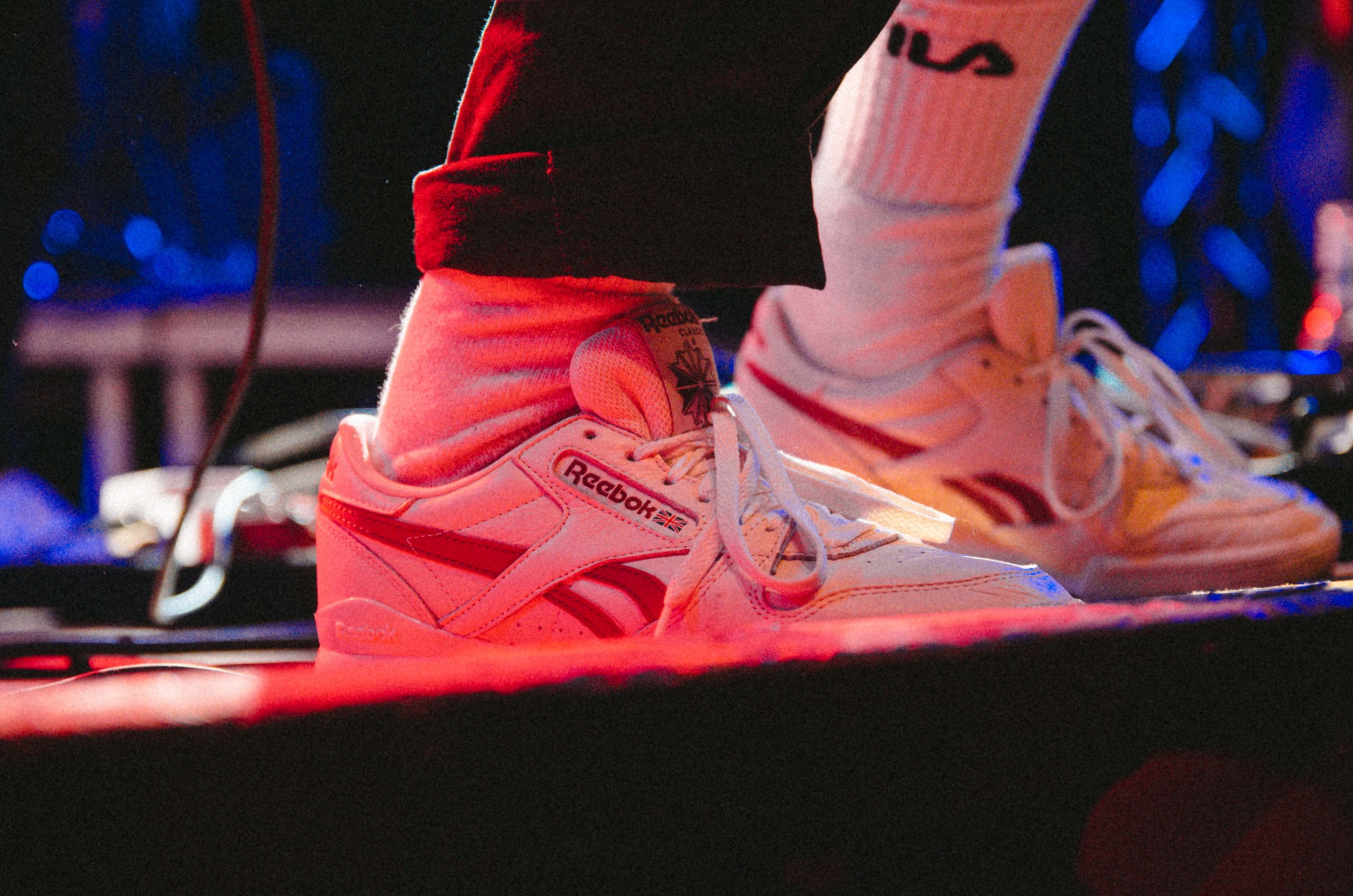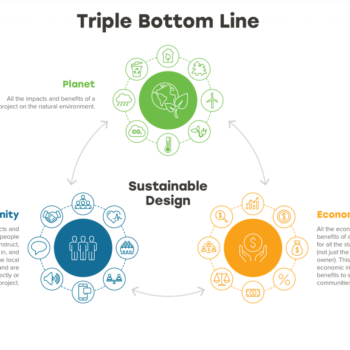|
|
Reebok, a prominent global athletic footwear and apparel brand with a history spanning over decades, has garnered a reputation for its innovative designs and high-quality products.
As ethical consumerism gains momentum, it is crucial to examine Reebok’s ethical practices and evaluate the company’s impact on society and the environment.
In this article, we delve into Reebok’s commitment to ethical principles, shedding light on its strengths and areas that require improvement.
Supply Chain Transparency: Shedding Light on Ethical Practices
Reebok has taken significant strides to enhance supply chain transparency. The company enforces a rigorous supplier code of conduct, outlining strict ethical and environmental standards. Regular audits are conducted to ensure compliance with these standards.
Moreover, Reebok has actively engaged in various initiatives like the Sustainable Apparel Coalition and the Better Cotton Initiative to promote sustainability within the industry.
Nonetheless, Reebok has faced criticism regarding the limited disclosure of its suppliers’ locations, hindering a comprehensive evaluation of its supply chain practices. To enhance transparency, Reebok should prioritize disclosing the locations of all its suppliers, demonstrating a commitment to accountability.
Environmental Sustainability: Paving the Path to a Greener Future
Reebok has exhibited dedication towards reducing its environmental impact. They have committed to an ambitious target of utilising 100% sustainable materials by 2030. Through such programs as Ree[GROW] and Ree[CYCLED] the company has embraced sustainable materials like recycled polyester and eco-friendly dyes in its product line.

Energy-efficient practices have been implemented within its operations, resulting in a reduction in greenhouse gas emissions.
While commendable, Reebok could further enhance its environmental practices by establishing specific targets for reducing water usage and waste generation. These targets would enable the company to tackle significant environmental concerns prevalent in the fashion industry, showcasing its commitment to sustainability.
Labor Practices: Striving for Fairness and Empowerment
Reebok maintains a supplier code of conduct that encompasses fair labor practices. The company requires suppliers to provide safe and healthy working conditions, fair wages, and prohibits forced labor and child labor. Regular audits are conducted to ensure adherence to these standards.
Reebok also maintains a firm posture on supporting Diversity and Equality within the community investing in programs such as The United Collection and The Most Extra.


Despite these efforts, Reebok has faced scrutiny over labor issues within its supply chain. Allegations of sweatshop labor in Taiwan in 2016 raised concerns. However, Reebok promptly investigated the accusations and severed ties with the implicated supplier.
To further solidify its commitment to labor practices, Reebok should proactively engage in initiatives that empower workers and ensure living wages throughout its supply chain.
Animal Welfare: Balancing Compassion and Fashion
Reebok has demonstrated a commitment to animal welfare by abstaining from using fur, angora, or exotic animal skins in its products. The company mandates that its suppliers adhere to animal welfare standards, particularly in the production of down feathers, where live plucking is prohibited.
However, the use of leather in some of Reebok’s products raises concerns regarding animal welfare. The company needs to explore sustainable alternatives to leather, aligning its practices with its commitment to compassion and sustainability.
Corporate Social Responsibility: Making a Positive Impact
Reebok embraces corporate social responsibility by setting ambitious sustainability goals and refining its supply chain practices. The company actively engages in community initiatives, particularly in underprivileged areas, to promote fitness and wellness.
Additionally, Reebok invests in employee training and development, fostering a culture of growth and empowerment.
While these efforts are commendable, Reebok should address criticisms concerning the transparency of its sustainability practices and labor conditions in developing countries.
By prioritizing transparency and ensuring ethical practices throughout its operations, Reebok can solidify its commitment to corporate social responsibility.
In conclusion, Reebok has made notable strides towards ethical practices in its supply chain, environmental sustainability, labor conditions, and animal welfare. However, there is room for improvement in various areas.
By further enhancing supply chain transparency, setting specific environmental targets, empowering workers, and exploring alternative materials, Reebok can continue on its journey towards becoming a true leader in ethical and sustainable athletic wear.













No Comments